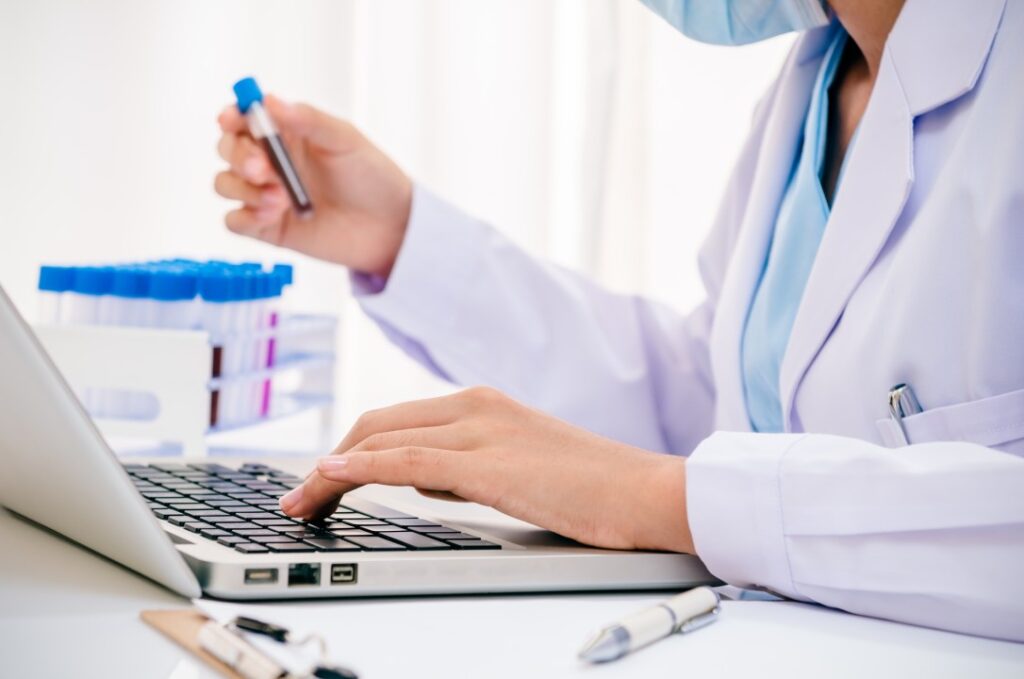
Exploring the Key Functions of Laboratory Management
Laboratories are at the forefront of scientific research and innovation. They play a crucial role in conducting experiments, analyzing data, and making groundbreaking discoveries. However, managing a laboratory efficiently is a challenging task. Laboratory management involves a range of complex functions that require careful coordination, attention to detail, and adherence to safety protocols. Look into the key functions of laboratory management and explore their significance in maintaining a well-functioning laboratory environment.

Key Functions of Laboratory Management
- Equipment and Resource Management:One of the primary functions of laboratory management is to oversee the procurement, maintenance, and calibration of laboratory equipment. This includes ensuring that all instruments are properly working and readily available when needed. Proper resource management also involves keeping track of consumables and reagents to avoid experiment delays.
- Quality Control and Assurance:Maintaining the quality of research and testing is vital in a laboratory setting. Implementing quality control measures guarantees the accuracy and reliability of experimental results. Regular audits and adherence to standard operating procedures (SOPs) help achieve consistent outcomes.
- Safety Protocols and Compliance:Safety is a top priority in laboratories involving hazardous materials and processes. Laboratory managers must enforce safety protocols, provide appropriate personal protective equipment (PPE), and conduct regular safety training for all personnel.
- Personnel Management and Training:A successful laboratory requires a skilled and motivated team. Laboratory managers are responsible for hiring qualified personnel and providing them with the necessary training and resources to perform their duties effectively.
- Data and Record Keeping:Accurate record-keeping is essential for traceability and reproducibility of experiments. Laboratory management involves implementing efficient data management systems and ensuring all experimental data is appropriately recorded and stored.
- Inventory Management:Maintaining an organized inventory is crucial for the smooth functioning of a laboratory. Managers must keep track of stock levels, order supplies on time, and avoid wastage.
- Research and Development:Laboratory management should also foster an environment encouraging research and development. This includes allocating time and resources for exploring new ideas and techniques.
- Budgeting and Financial Management:Effective budgeting is necessary to ensure the laboratory operates within its financial constraints. Laboratory managers must allocate funds wisely to support ongoing projects and procure new equipment when needed.
- Collaborations and Communication:Collaboration with other research institutions and industry partners can enhance the laboratory’s capabilities. Laboratory managers should facilitate effective communication channels to foster productive collaborations.
- Sustainability and Green Initiatives:As environmental concerns grow, laboratories must adopt sustainable practices and reduce their ecological footprint. To contribute to a more sustainable future, laboratory management can implement green initiatives, such as recycling and energy-saving measures.

